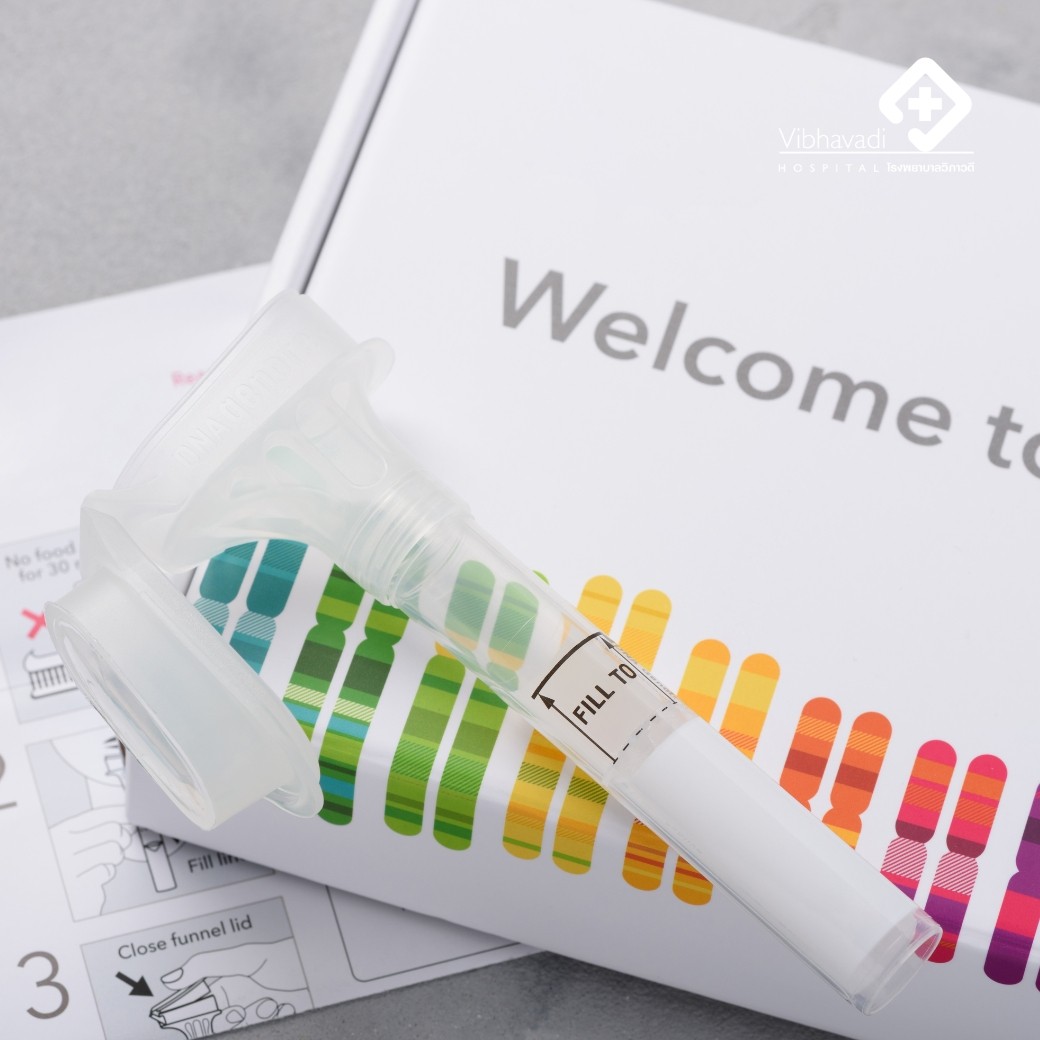
Transcranial Magnetic Stimulation (TMS)
Transcranial Magnetic Stimulation (TMS) is a device that uses the principle of changing electric currents through a coiled wire to create magnetic waves that can penetrate through tissues and bones in the head. It is used for both diagnosis and treatment of brain-related conditions such as Parkinson's disease, Alzheimer's disease, peripheral neuropathy, migraines, and depression.
There are two ways to stimulate the brain with magnetic waves:
High-frequency stimulation, which involves using strong pulses at a rate of one per second or more to treat conditions such as Parkinson's disease, Alzheimer's disease, and depression.
Low-frequency stimulation, which involves using weaker pulses at a rate of less than one per second to inhibit overactive brain functions, such as in the case of migraines.
TMS is beneficial for a variety of brain-related conditions, including depression, mood disorders following brain injury, sudden and chronic pain, and various brain diseases such as Parkinson's disease, Alzheimer's disease, and peripheral neuropathy.
The treatment involves stimulating the brain with magnetic waves once a day for 5-10 days to achieve maximum benefit. Each session lasts approximately 20-30 minutes, and the physician will monitor the patient's progress throughout the treatment period.
Treatment Results:
Magnetic waves have a positive effect on the brain circuitry, affecting various types of neurotransmitters, such as serotonin, which is associated with migraines, pain, and anxiety. The treatment reduces muscle stiffness and depression symptoms.
Restrictions:
Patients with pacemakers, metal in their head, such as from brain aneurysm surgery and those with seizure disorders should not receive the treatment.
Possible Side Effects:
The treatment may cause localized warmth due to the increase in temperature inside the brain, but this is minimal. Patients may experience headaches, nausea, dizziness, seizures, mood swings, and other psychiatric symptoms.
Before the Procedure:
- The doctor will advise on the indications, restrictions, and precautions for using the magnetic stimulation device.
- Prior to the brain stimulation, the doctor will stimulate peripheral nerves to allow the body to become accustomed to the strength and frequency of the stimulation.
- Once the patient is acclimatized, the doctor will target the brain region associated with the specific disease, such as Parkinson's or Alzheimer's, or the opposite side of the brain for weakness, and perform a series of stimulations.
For further details, please contact the Neurology Department Tel. 0-2561-1111, extension 1214.
Word count: 387














